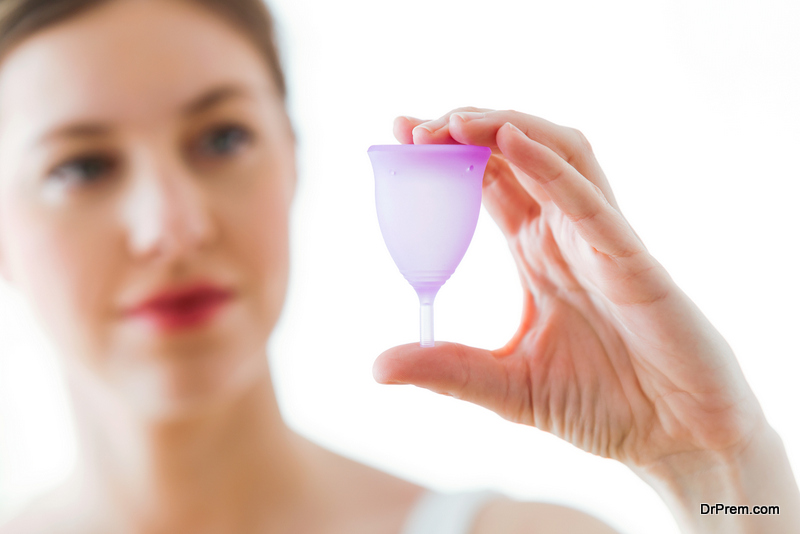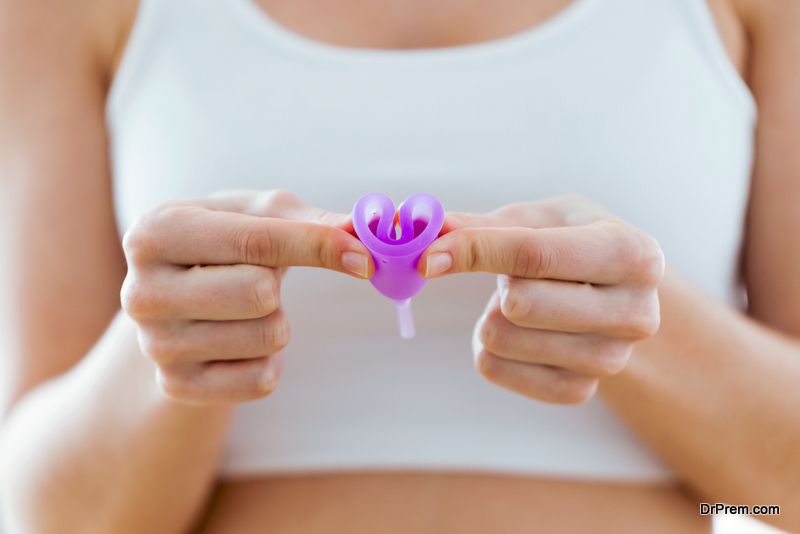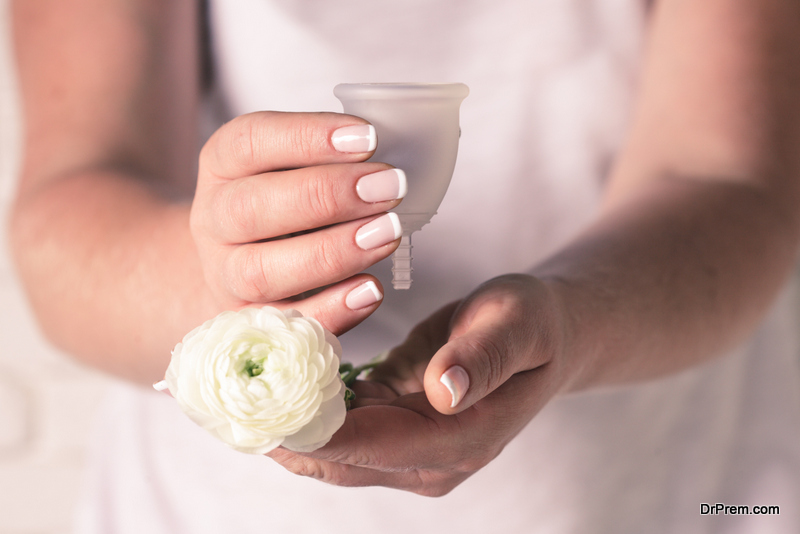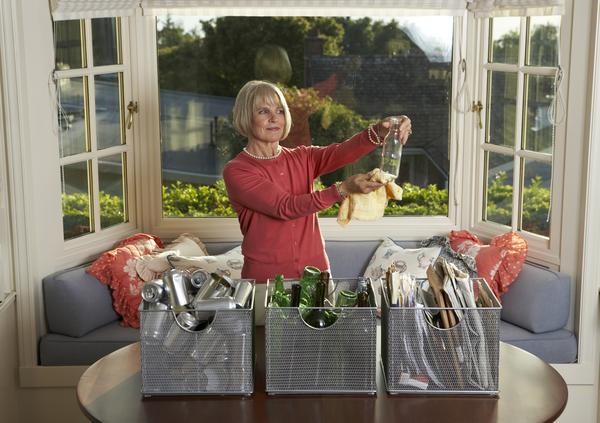The average woman uses 2,460 tampons or pads in her lifetime. Most of these will end up in a landfill. Many more of them will find their way into the ocean. They may even wash up on a beach near you.
The Environmental Cost of Sanitary Products for Women
Modern sanitary products have been a gamechanger for women. They allow us to have our monthly period without fear of embarrassment or shame. Most women use pads or tampons. They are readily available and easy to use. What’s not to like about that?
Unfortunately, tampons and pads are bad for the environment in a number of ways. As you probably know, pads and tampons are very absorbent. They have to be. It’s their job. The reason they are so absorbent is that they are made from cotton (among other things, which we will get to next).
Cotton production is not eco-friendly. Cotton crops need a lot of water. Most cotton production is non-organic, which means farmers use tons of pesticides and other harmful chemicals to maximize production yields.
Whilst cotton is the main ingredient of tampons and pads, they also contain a lot of plastic, which is harmful to the environment. Plastic applicators never break down. They will be around long after you are dead and buried. Pads and tampons also contain harmful chemicals, such as dioxin and chlorine. Once a tampon or pad ends up in a landfill, these chemicals slowly leach out into the soil and end up in our waterways and the food chain.
Given that 12 billion sanitary pads and seven million tampons end up sitting in landfill sites each year, sanitary products are a huge environmental problem.
Whilst sanitary products are essential, and women can’t do without some kind of protection, there is an alternative: a menstrual cup.
Switch to a Menstrual Cup
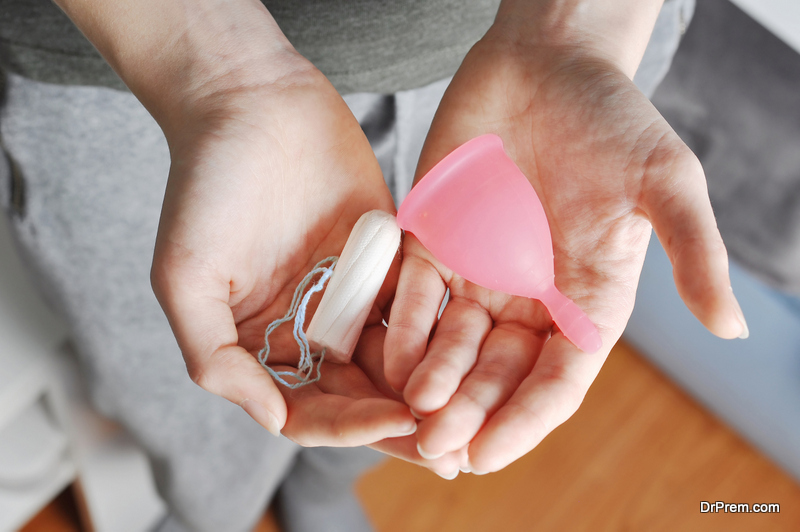 Menstrual cups are reusable and have a minimal impact on the environment. One woman needs one menstrual cup. If you switch to a menstrual cup, you are actively preventing a huge amount of unnecessary waste from heading straight to your nearest landfill.
Menstrual cups are reusable and have a minimal impact on the environment. One woman needs one menstrual cup. If you switch to a menstrual cup, you are actively preventing a huge amount of unnecessary waste from heading straight to your nearest landfill.
Menstrual cups are made from medical-grade silicon. Unlike plastic, silicon slowly degrades when it is discarded. Because silicon is made from a natural material, it isn’t toxic and it won’t harm the environment if it ends up in a landfill. Consequently, menstrual cups made from silicon are far greener than tampons and sanitary pads.
The Advantages of a Menstrual Cup
- Easy to use: Once you have switched to a menstrual cup, you’ll wonder why you didn’t do it sooner. Menstrual cups are very easy to use. You insert the cup inside your vagina, where it collects menstrual flow. A menstrual cup only needs emptying every eight hours or so, therefore, it’s much easier to manage than a tampon or sanitary pad.
- Safer: There is no danger of Toxic Shock Syndrome when you use a menstrual cup. Simply remove, empty, rinse in water, and reinsert. You can wear a menstrual cup overnight and it won’t do you any harm. Menstrual cups are leakproof once inserted correctly, so you don’t need to worry about any embarrassing leaks during your heaviest flow.
- Leak Proof: Sporty women love menstrual cups. It’s awkward trying to do long-distance runs or bike rides when you are on your period. Tampons and pads need changing regularly and there are not always appropriate facilities available. With a menstrual cup inserted, you can go all day long without fear of leaks. It makes things much easier when your period doesn’t have to impact your life in the same way.
There are several brands of menstrual cup available on the market now. You can read reviews before you buy by visiting the menstrualcupreviews.net site.
A menstrual cup can take a bit of getting used to, but once you have mastered the art of inserting and removing it, you will find using one is super easy. How long you can wear one will depend on your flow, but on light days, a menstrual cup will only need emptying once a day.
If you can’t get the hang of using a menstrual cup, switch to organic cotton pads instead. This is not ideal, but at least organic cotton is less damaging to the environment.
Article Submitted By Community Writer


